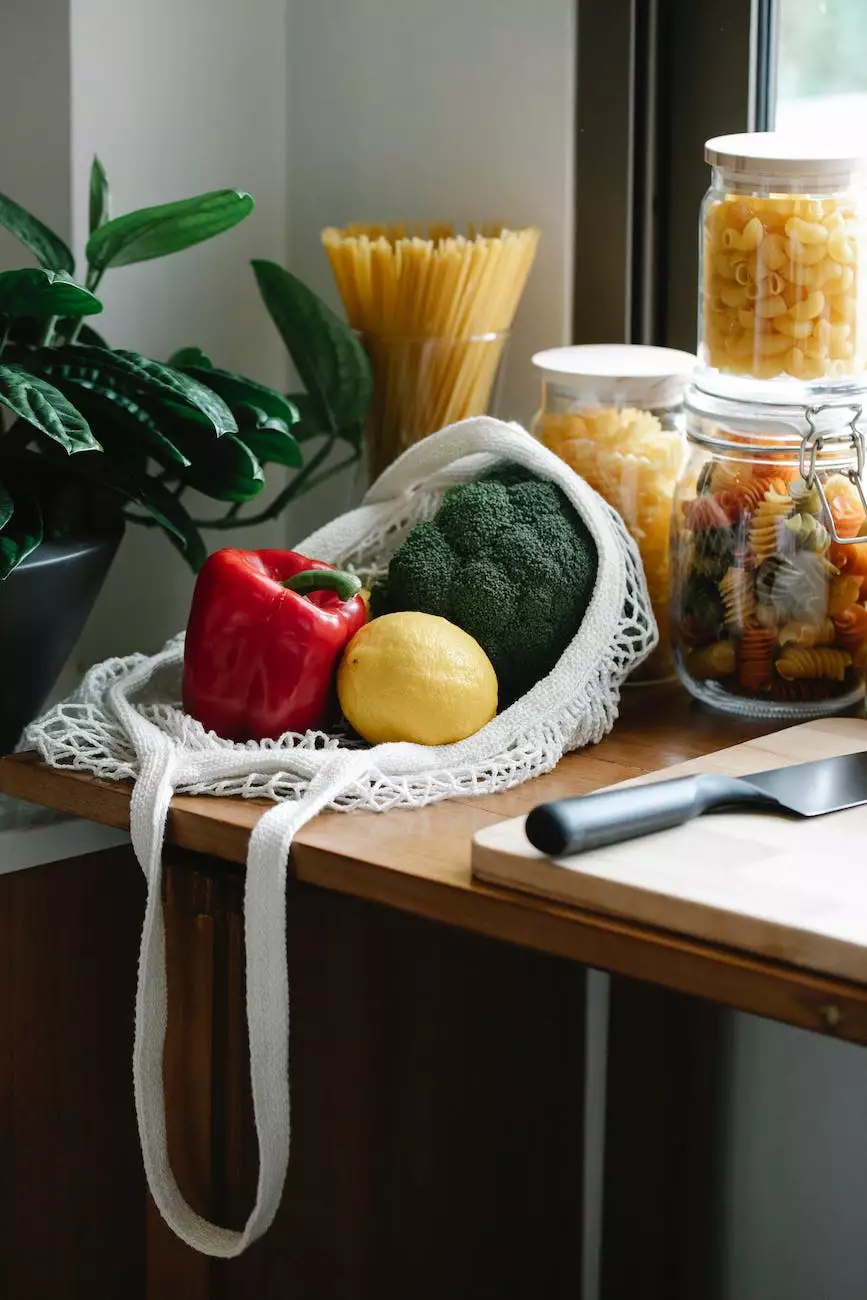How to save time and money with meal prepping
Our Facility
Introduction
Meal prepping has become increasingly popular in recent years as a way to save both time and money, all while maintaining a healthy lifestyle. By preparing your meals in advance, you can avoid last-minute decisions and reduce the temptation to eat out or order takeout. In this guide, Social Service of America will provide you with valuable tips and techniques on how to master the art of meal prepping.
Benefits of Meal Prepping
1. Saves time: With meal prepping, you set aside a dedicated time each week to plan and prepare your meals. This eliminates the need to spend excessive time each day thinking about what to cook or rushing to prepare food before a meal. By having pre-prepared meals, you can focus on other important tasks or activities without compromising your meals.
2. Saves money: Eating out or ordering takeout can quickly add up. By preparing your meals in advance, you can significantly cut down on your monthly food expenses. Buying ingredients in bulk and utilizing leftovers can also help reduce wastage and stretch your budget further.
3. Promotes healthy eating: Meal prepping allows you to have control over the ingredients and portions of your meals. You can plan nutritious, well-balanced meals that align with your dietary goals or restrictions. By avoiding processed foods and having healthy options readily available, you are more likely to make better choices throughout the day.
4. Reduces stress: Meal prepping eliminates the daily stress of deciding what to eat for each meal. It provides structure and organization to your eating habits, allowing you to focus on other aspects of your life without worrying about food-related decisions.
How to Get Started with Meal Prepping
1. Plan Your Meals
Start by outlining your weekly meal plan. Consider your dietary preferences, nutritional needs, and any specific goals you have in mind. Create a list of recipes or meal ideas that you can rotate throughout the week. Ensure you have a good balance of proteins, whole grains, fruits, and vegetables.
2. Make a Shopping List
Based on your meal plan, create a detailed shopping list. Check your pantry and fridge for any ingredients you already have and prioritize the ones you need to buy. This will help you avoid unnecessary purchases and save money.
3. Batch Cooking
Choose a day of the week when you have some free time, such as a Sunday or Monday evening. Set aside a few hours to cook multiple meals in one go. Use a variety of cooking methods, such as grilling, baking, or sautéing, to keep your meals interesting.
4. Portion and Store
Divide your cooked meals into individual portions using airtight containers. Label each container with the name and date of the meal. This will help you stay organized and ensure that your meals stay fresh. Consider investing in a set of reusable meal prep containers for convenience and eco-friendliness.
5. Refrigerate or Freeze
If you plan to consume your meals within a few days, store them in the refrigerator. For longer storage, freeze the meals and thaw them as needed. Be mindful of proper food handling and storage practices to ensure food safety.
Top Tips for Successful Meal Prepping
- Experiment with recipes and flavors to keep your meals exciting.
- Invest in quality food storage containers to keep your meals fresh for longer.
- Consider pre-chopping vegetables or marinating proteins in advance for added convenience.
- Allocate a specific day and time each week for meal prepping to establish consistency.
- Get creative with your leftovers by incorporating them into new dishes or repurposing them.
- Use herbs, spices, and homemade sauces to enhance the flavor of your meals without adding excess calories.
- Keep an eye out for sales and discounts on ingredients to further reduce costs.
- Plan for snacks and healthy treats to satisfy cravings throughout the week.
Conclusion
Meal prepping is a fantastic way to save time, money, and stress while maintaining a healthy lifestyle. By following the steps outlined in this guide, you can become a master at meal prepping in no time. Remember to plan your meals, make a shopping list, batch cook, portion and store, and refrigerate or freeze your meals as needed. Implement these strategies and enjoy the numerous benefits that meal prepping has to offer.
Social Service of America is committed to providing valuable resources and information to help individuals lead healthier lives. Visit our website for more articles and guides related to community and society, specifically focusing on philanthropy.



